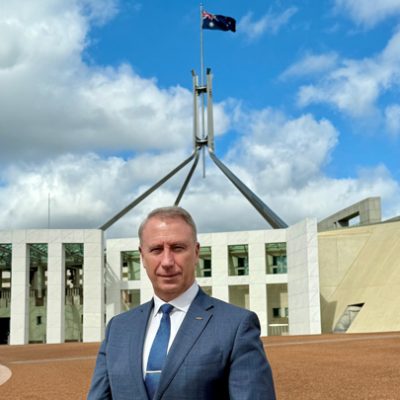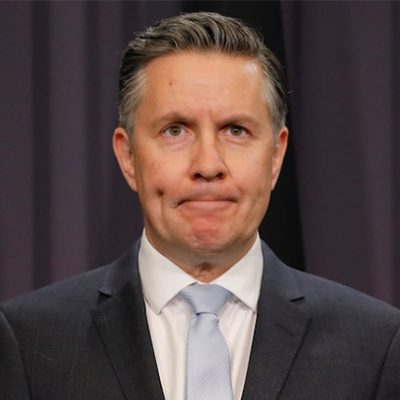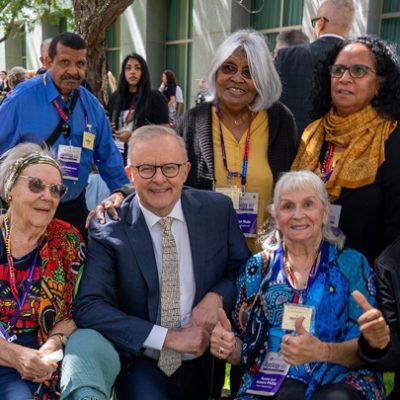
With the opening of Parliament yesterday, Catholic Social Services Australia has highlighted three important principles from Catholic Social Teaching that could enhance Australia’s parliamentary democracy.
CSSA chief executive Jerry Nockles said that while Catholic Social Teaching offers a rich and comprehensive framework for devising public policy, the principles of human dignity, the common good, and preferential option for the poor are particularly relevant to the challenges facing the current Parliament.
“Catholic Social Teaching offers a wealth of wisdom for our political process that transcends partisan divides,” Dr Nockles said. “These principles have guided social progress for over a century.”
Dr Nockles outlined these principles, beginning with the foundational concept of human dignity:
“Democracy thrives when we recognise the divine spark in every person, including our political opponents,” Dr Nockles said.
“When parliamentarians attack each other’s character rather than engaging with ideas, they do not just damage their opponents-they fracture the very covenant of trust upon which our democracy stands.”
He warned that the growing normalisation of contempt in political discourse threatens Australia’s democratic foundations.
“The measure of a healthy democracy isn’t the absence of disagreement – it’s how we disagree while still honouring each other’s fundamental dignity.
“Second, our Parliament must prioritise the common good over sectional interests,” he said. “For too long, our policies have been shaped by focus groups and polls, resulting in fragmented approaches that fail to serve our nation as a whole. No political party holds a monopoly on compassion, and the pursuit of the common good requires looking beyond short-term political advantages.
“Third, parliamentary deliberations must always consider a preferential option for the poor,” Dr Nockles emphasised.
“This means ensuring that Australia’s most disadvantaged aren’t left behind.”
Dr Nockles called for a more collaborative approach to addressing national challenges, noting that effective governance requires input from across society.
CSSA encourages all parliamentarians to reflect on these principles as they return to the important work of governing for all Australians.
FULL STORY
Three Key Principles from Catholic Social Teaching to Guide the 48th Australian Parliament (CSSA)






